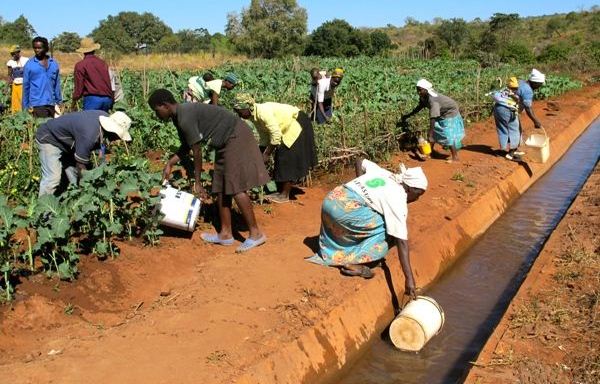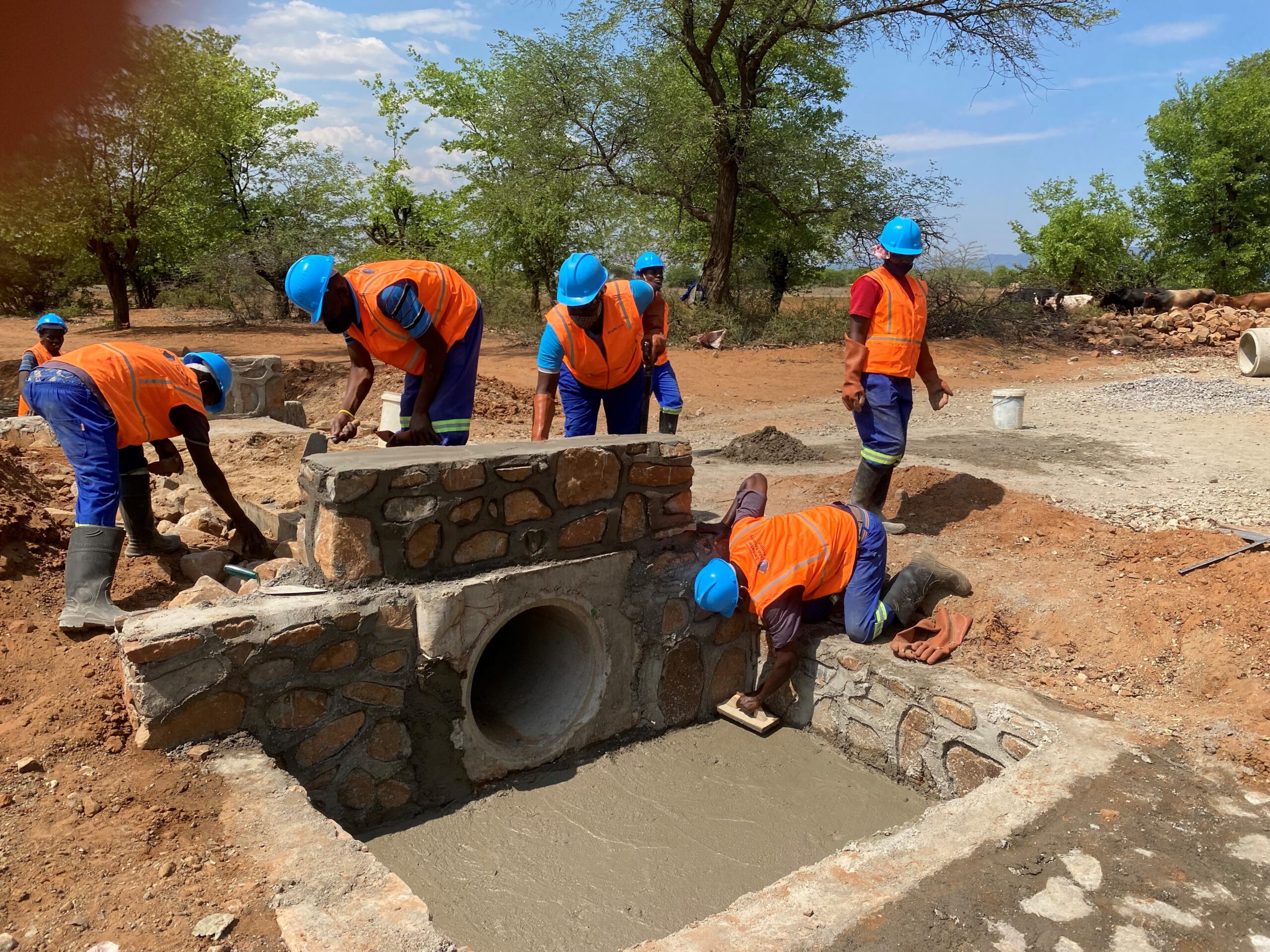
SMALL-HOLDER irrigation schemes, which have been the source of livelihood for most families in drier parts of the country, have virtually collapsed due to lack of maintenance, farmers have said.
BY MOSES MUGUGUNYEKI
The farmers said most schemes had since stopped operating because the canals were clogged and pumps had broken down, making it impossible to supply water to the fields.
Some however said while they expected bumper harvests this year because of the good rains, the irrigation schemes needed to be rebuilt in preparation of the future.
The problem is most pronounced in parts of Midlands, Manicaland and Matabeleland provinces where equipment has become obsolete, making it virtually impossible to increase crop productivity.
Midlands provincial irrigation engineer, Shingirirai Zano said most irrigation schemes in the province were lying idle because pumps were no longer working.
“Mambanjeni Irrigation Sche-me has been lying idle for the past eight years due to lack of efficiency in the pumping system. The pump was built on a floodplain, which makes it difficult to function when it rains heavily,” said Zano. “The system is not pumping water efficiently and is not user-friendly, hence the decision to suspend production at the irrigation scheme.”
Zano said the situation was worsened by Gweru City Council which discharged raw sewage into Gweru River.
- Chamisa under fire over US$120K donation
- Mavhunga puts DeMbare into Chibuku quarterfinals
- Pension funds bet on Cabora Bassa oilfields
- Councils defy govt fire tender directive
Keep Reading
“The discharged raw sewage corrodes the irrigation machinery,” he said.
The situation at Mambanjeni Irrigation Scheme is a replica of many schemes dotted around the country where farmers have either scaled down production, or are now relying heavily on summer cropping.
Those that have scaled down production include Bonde and Nyanyadzi in Manicaland; Tshongokwe in Matabeleland North; Mataga in Midlands; Nenhowe in Mashonaland East and Chesa/Mutondwe in Mashonaland West.
“We used to grow crops throughout the year but our production is limited because of recurrent pump breakdowns. This time we are only expecting a good crop because we received good rains,” said Edwin Ndlovu, a farmer at Makwe/Thuli Irrigation Scheme in Matabeleland South.
The Food and Agricultural Organisation (FAO) says about 70% of Zimbabweans make a living from agriculture. It says 40% of the country’s irrigation schemes are functional while 39% are partially functioning and 21% are no longer functioning.
But a slump in production at irrigation schemes over the years – brought about by the high cost of water and power, as well as shortage of inputs — has seen farmers’ earnings dwindling and food insecurity rising.
FAO has urged government to step up efforts to rehabilitate and develop irrigation schemes around the country.
Presenting the 2014 national budget in December last year, Finance minister, Patrick Chinamasa said government would come up with a cocktail of strategies to utilise existing water bodies through funding irrigation schemes.
“Accordingly, the 2014 National Budget prioritises rehabilitation and operationalisation of all those idle irrigation schemes, while gradually putting on board those identified and planned new schemes in all the provinces,” said Chinamasa.
He allocated US$9,4 million towards the rehabilitation of communal irrigation schemes, although about US$580 million is needed for that purpose.
Deputy Minister of Agriculture, Mechanisation and Irrigation Development responsible for cropping, Davis Marapira said government had embarked on a comprehensive programme aimed at resuscitating irrigation schemes.
Government says of the 550 000 hectares of irrigable land, only 200 000 hectares is being utilised.
“Work is already underway at a number of irrigation schemes throughout the country. Currently we are working on Nyanyadzi Irrigation Scheme in Manicaland province which has been lying idle for six years,” said Marapira. “Our teams are also working on Bonde Irrigation Scheme near Birchenough Bridge. In Matabeleland North we have already worked on 400 hectares of Bulawayo Kraal Irrigation Scheme in Binga. Feasibility studies have shown that we can expand up to 20 000 hectares”.
Zimbabwe’s food security took a dip in 2000 following the invasion of white-owned commercial farms around the country.
The country, which was the bread-basket of southern Africa, now relies on food imports and thousands of families now depend on food aid. FAO says agricultural production plummeted from 3 million tonnes in 2000 to 1,3 million tonnes in 2012.











